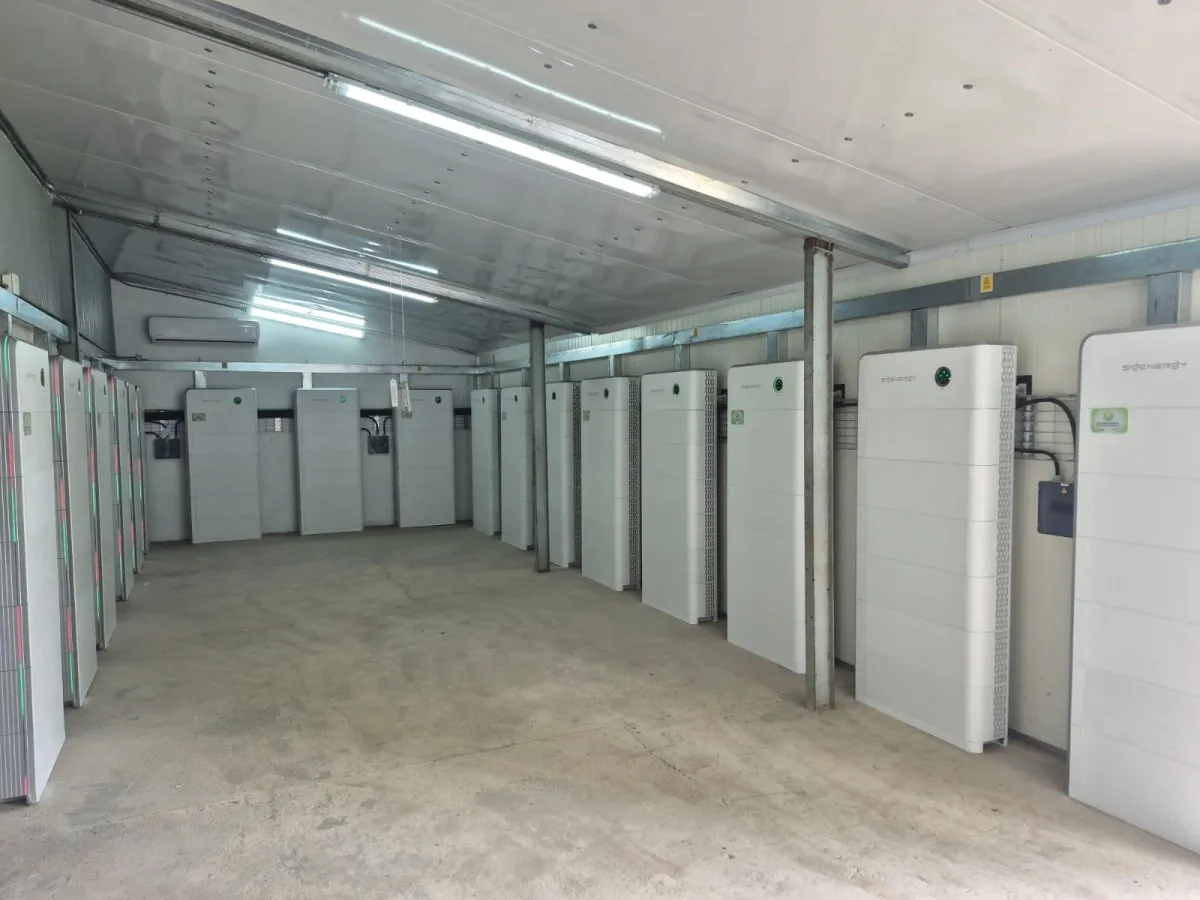
From Load Shedding to Leadership
From Load Shedding to Leadership: How South African Businesses Are Turning Solar into a Competitive Advantage
Rising Above the Darkness
Load shedding is no longer a temporary inconvenience in South Africa — it’s a reality that’s reshaping how businesses operate. While some companies struggle to adapt, others are seizing the moment to transform their energy strategy. Forward-thinking businesses are not just installing solar to survive — they’re using it to lead. By embracing large-scale solar solutions, these companies are cutting costs, ensuring uninterrupted operations, and building reputations as industry leaders.

1. The Harsh Reality: Energy Instability Costs More Than You Think
Every hour without power is an hour of lost productivity, delayed deliveries, and frustrated clients.
For manufacturers, it can mean entire production lines standing idle. For cold storage facilities, it can mean spoiled stock worth millions. For farms, missed irrigation cycles can threaten crop yields.
The hidden costs of load shedding include:
• Lost contracts due to unreliable operations.
• Increased maintenance on diesel generators.
• Reputational damage when customers can’t depend on you.
2. Solar as a Strategic Asset — Not Just Backup Power
Too often, businesses view solar as an emergency measure. In reality, it’s a long-term strategic investment.
Large-scale solar systems paired with battery storage can:
• Reduce or eliminate dependence on Eskom.
• Cut diesel generator usage by up to 90%.
• Stabilise operational costs for 25+ years.
By producing your own power, you turn an unpredictable expense into a predictable asset — and in business, predictability means better planning and stronger growth.
3. Competitive Advantage in a Challenging Economy
When competitors are shutting down during Stage 6 load shedding, solar-powered businesses keep operating, delivering, and invoicing. This consistent performance wins contracts, attracts new clients, and strengthens relationships with existing ones.
Clients — especially those in retail supply chains, manufacturing, and agriculture — are actively seeking partners who can deliver no matter what Eskom announces. Solar positions your business as one of those reliable partners.
4. Cutting Costs and Boosting Profit Margins
In addition to reliability, large-scale solar offers significant cost advantages.
• Diesel savings: With fuel averaging R25+ per litre, running a generator for extended periods is prohibitively expensive.
• Electricity savings: Eskom’s tariffs have increased by over 500% in the past decade, with more hikes expected.
• Payback periods: Commercial solar systems often achieve ROI in 3–5 years, with decades of free power thereafter.
Every rand saved on energy is a rand that can be reinvested into expansion, innovation, or workforce growth.
Conclusion: It’s Time to Lead, Not Follow
Load shedding may be here to stay, but it doesn’t have to define your business’s future. With the right solar strategy, you can transform a national crisis into your competitive edge. The companies that act now will not only shield themselves from energy instability — they’ll position themselves as leaders in efficiency, reliability, and sustainability.
Grey West projects specialises in large-scale solar installations for commercial, industrial, and agricultural operations. We design systems that power businesses through every stage of load shedding — and into a future of growth.
Contact us today to explore how solar can give your business the advantage it deserves.
Email: [email protected]
WhatsApp/Call: 066 432 0685
Website: www.greywest.co.za